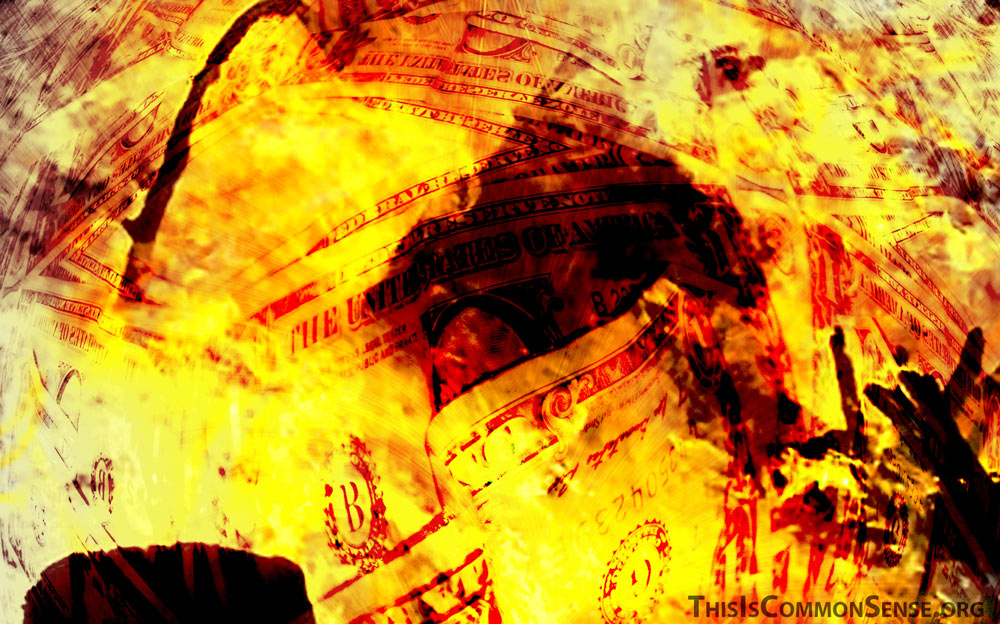Inflation’s up, and President Joseph Robinette Biden, Jr., thinks he knows why.
Economist Bruce Yandle, famed for his “Bootleggers and Baptists” theory of regulation, reports in Reason that the aging president blamed “the country’s three largest meatpackers” for contributing to July’s CPI rate of 5.4 percent, and the fuel industry for its part in August’s 5.3 percent annualized rate.
Profiteering!
I’ve always wondered how anyone can get away with this tired old accusation. Businesspeople aim to profit at all times and in every place. Profit is why they go into business. Are they making too much inflation-adjusted profit during an inflationary period but not when inflation is low? Seems unlikely.
But Biden’s looking into it! “There’s lots of evidence that gas prices should be going down,” the prez claimed, “but they haven’t.”
What evidence? Biden presented none.
After throwing so much money into the economy to “stimulate” it after the big hit commerce has taken from state-perpetrated lockdowns, what could we expect but rising prices? “Inflation is always and everywhere,” a great economist has said, “a monetary phenomenon.”
Bruce Yandle is on that same page. Referring to Mr. Biden’s bizarre blame game, Yandle suggested that maybe — just maybe — Biden “should look inside the halls of the West Wing.”
Specifically at all the spending, like the current “$3.5 trillion spending package.” The puppet masters pulling Biden’s strings must, Yandle asserts, “be aware that calling for more spending to calm inflation is like pouring gasoline on an already smoldering fire.”
The real problem is “too much printing-press money” backing deficit spending.
Blaming excess profits? A distraction.
A big lie.
This is Common Sense. I’m Paul Jacob.
—
See all recent commentary
(simplified and organized)

7 replies on “Biden Blames Business”
“He that is good for making excuses is seldom good for anything else.” —Benjamin Franklin
He cancelled the Keystone pipeline, automatically reducing jobs and eliminating a potential supply of oil. Does the man ever look in a mirror?
“Oil prices are largely determined by world markets.
Most of the oil to be carried by the pipeline would have been exported.”
Pam, that’s a world market in which [1] supply is less than it would be with that pipeline, and [2] the value of the dollar is less than it would be because of increases in the supply of dollars, to fund multi-trillion-dollar spending.
Granted, most of the oil would have been exported, but the pipeline itself would have created permanent jobs for many Americans. The pipeline was also environmentally safer and cheaper than shipping the oil with tanker trucks. The increased availability of oil would have impacted world markets by lowering or stabilizing prices.
“This is because U.S. refiners, particularly on the Gulf Coast where KXL was aimed, have the ability to import crude from tankers, and therefore pay the global price for it,” he said. “If Canadian crude was to get more expensive than global crudes on tankers, the U.S. refiners would shift to a higher level of tanker imports.”
Pam, see my comment above. You seem to imagine inelasticities of global supply of petroleum.